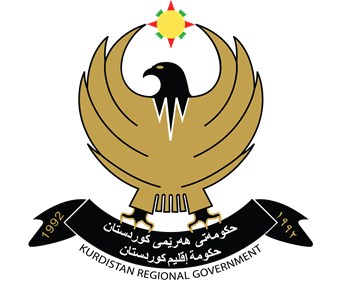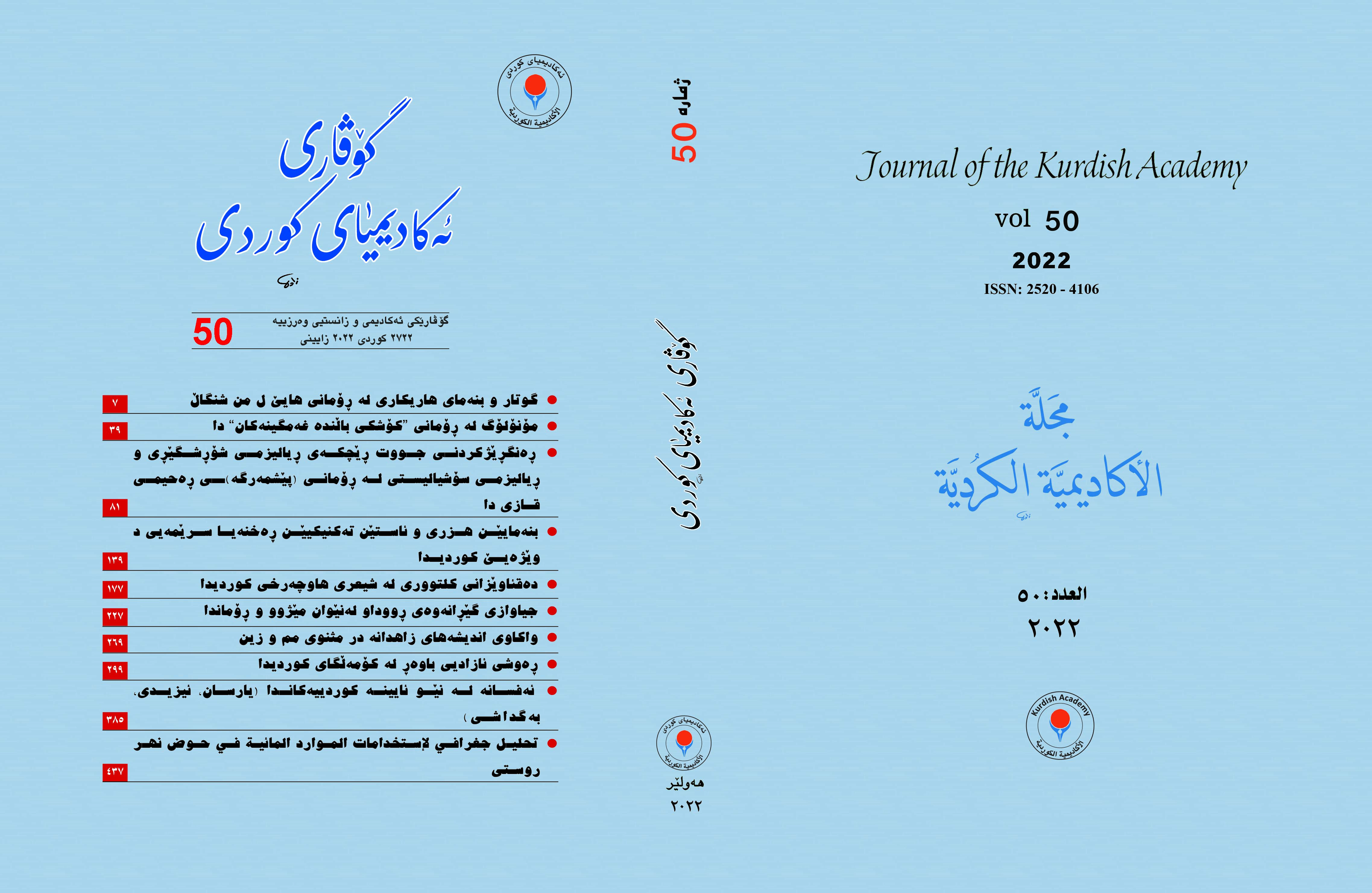Traditional Intertextuality in contemporary Kurdish poetry (Abdullah Pashew, Latif Helmet, Sherko Bekas) Examples
DOI:
https://doi.org/10.56422/ka..50.41Abstract
Literature is a phenomenon that comes under direct and continuous influence of changes, and one of those phenomena that appeared affected by these changes is intertextuality. High-quality artistic, intertextuality searches for and shows the relationship of influence between literary texts with the intention of moving the literary aspects with an artistic sense of the texts transmitted by the writer, and shows the extent of his influence in the transfer and employment of those texts. Intertextuality in its beginnings appeared in Europe and later in the Middle East, specifically in Arabic literature, and then moved to Kurdish literature, so this term is considered modern in use in Kurdish literature, because it did not appear until after the uprising. Intertextuality shows the poet’s ingenuity in taking the original text and employing it in his works without the recipient directly feeling it. It is an attempt to read the poems of these poets and to show the phenomenon of intertextuality in their poems, specifically the traditional intertextuality by taking some poetic texts that specifically reflect the heritage intertextuality.In our research, we have taken the historical-analytical method, and the research includes the introduction, two main sections, conclusion, and a list of sources and references. In the second section, we talked about the traditional intertextuality in the poems of Abdullah Pashew, Latif Helmet, and Sherko Bekas in all kinds of influence under which the text came, including from heritage, epic, myth, proverbs, heritage stories and traditional folk ballad.





